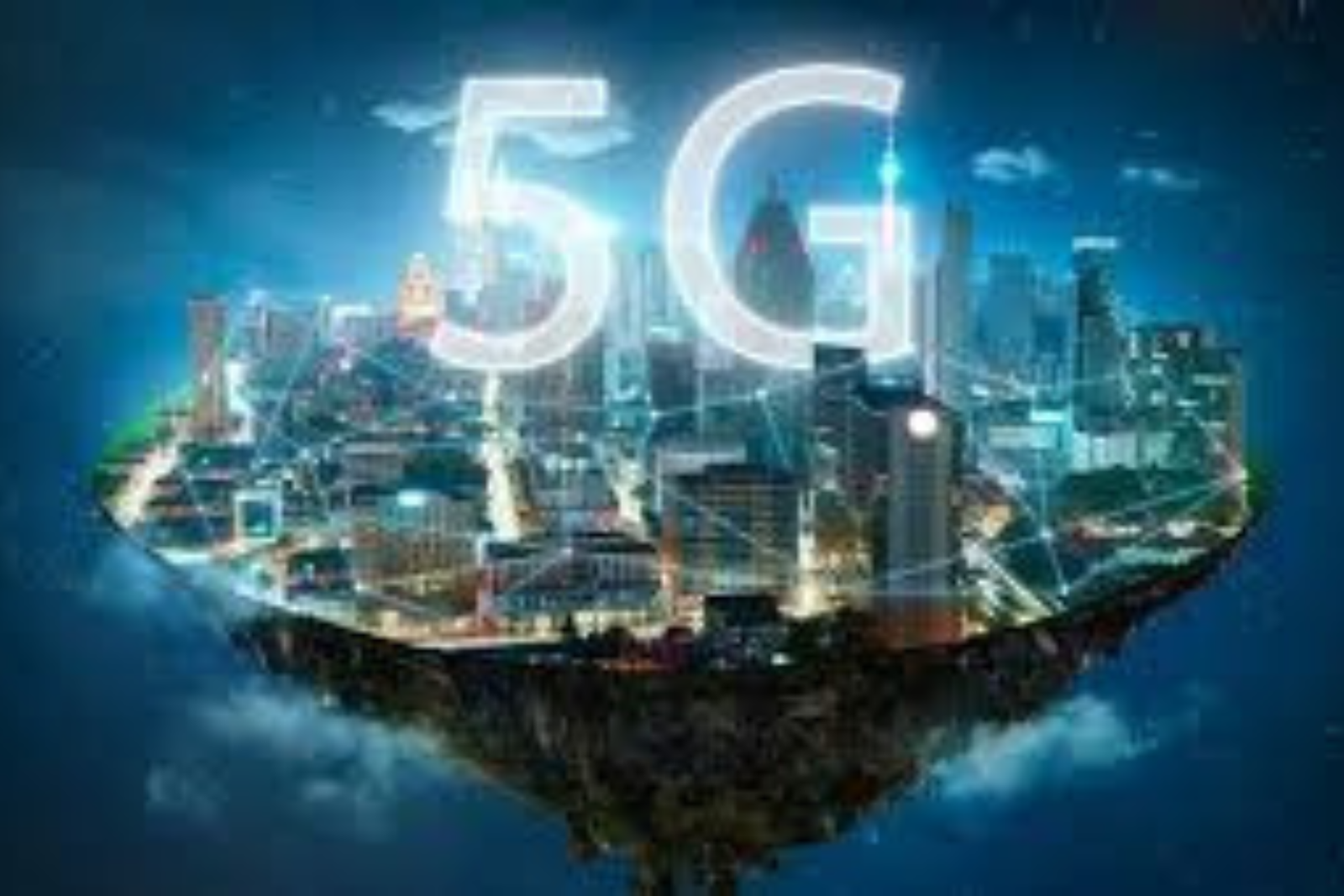Understanding 5G Technology
Enhanced Mobile Broadband (ebb): This feature provides significantly higher data rates, supporting applications such as high-definition streaming, virtual reality, and augmented reality. Users can expect smoother, more responsive experiences on their devices.
Ultra-Reliable Low Latency Communications (URLLC): 5G reduces latency to as low as 1 millisecond, allowing for real-time data transfer. This is crucial for applications that require instant feedback, such as autonomous driving and remote medical procedures.
Massive Machine-Type Communications (met): 5G can connect a vast number of devices simultaneously. This capability is essential for the proliferation of IoT devices, enabling smart cities, smart homes, and industrial automation.
The Impact on Industries
The introduction of 5G will have profound implications across various sectors, leading to transformative changes in how businesses operate and deliver services:
Healthcare: 5G will revolutionize telemedicine by enabling remote consultations and even remote surgeries with robotic assistance. Wearable health devices can monitor patient vitals in real time, sending alerts to healthcare providers and allowing for more proactive management of chronic conditions.
Transportation: The automotive industry will see a significant shift with the rise of autonomous vehicles. 5G’s low latency is critical for these vehicles to communicate with one another and with traffic infrastructure, reducing accidents and improving traffic flow. Additionally, smart transportation systems will optimize routes and reduce congestion.
Manufacturing: The concept of smart factories will gain momentum with 5G connectivity. IoT sensors can monitor production lines in real time, enabling predictive maintenance and reducing downtime. This will lead to greater efficiency, lower costs, and enhanced product quality.
Entertainment: With 5G, immersive experiences in entertainment will become more mainstreamhttps://lexmetech.com/
Empowering the Internet of Things (IoT)
The relationship between 5G and IoT is synergistic. 5G enables IoT to flourish by providing the necessary infrastructure for seamless connectivity among billions of devices:
Smart Homes: With 5G, smart home devices will operate more efficiently and respond to user commands almost instantaneously. Homeowners will be able to control everything from lighting and heating to security systems through their smartphones or voice-activated assistants.
Smart Cities: Urban areas will leverage 5G to create interconnected systems that improve public services. Smart traffic lights can reduce congestion by adjusting in real time to traffic flow, while environmental sensors can monitor air quality and provide data to city planners.
Agriculture: IoT devices connected via 5G will allow farmers to monitor crops and livestock with unparalleled precision. Drones equipped with sensors can assess crop health, while automated irrigation systems can optimize water usage based on real-time weather data.
Challenges Ahead
While the promise of 5G is immense, several challenges must be addressed for its successful implementation:
Infrastructure Investment: Building the necessary infrastructure for 5G requires significant investment. While urban areas may see rapid deployment, rural regions may lag behind, potentially widening the digital divide.
Security Concerns: The increase in connected devices raises concerns about cybersecurity. A more interconnected world necessitates robust security measures to protect sensitive data from potential breaches.
Health and Environmental Concerns: Public apprehension about the health impacts of 5G technology persists. Although current research indicates that 5G is safe, ongoing studies and transparent communication will be crucial to address these concerns.
The Road to Implementation
The successful rollout of 5G requires collaboration among various stakeholders, including governments, telecom companies, and technology developers. Key considerations for the path ahead include
Policy Development: Governments must create policies that encourage investment in 5G infrastructure while ensuring equitable access to technology for all communities.
Public Awareness: Educating the public about the benefits and safety of 5G technology will help build trust and acceptance. Transparency regarding health research and technological advancements is essential.
International Cooperation: As 5G deployment occurs globally, countries must collaborate on standards and best practices to ensure interoperability and security.
Conclusion
As we enter the 5G era, the potential for transformation is enormous. This technology is not merely a faster internet; it is a catalyst for innovation that will permeate all aspects of life. From healthcare to transportation, manufacturing, and beyond, 5G will drive significant advancements that enhance efficiency, improve quality of life, and open doors to new opportunities.
The future shaped by 5G holds the promise of a more interconnected, efficient, and sustainable world. By embracing this technology and addressing the associated challenges, we can harness its full potential, ensuring that the benefits of connectivity and the IoT revolution are realized by everyone. The journey into the 5G world is just beginning, and it is one that will undoubtedly change the fabric of our society.











